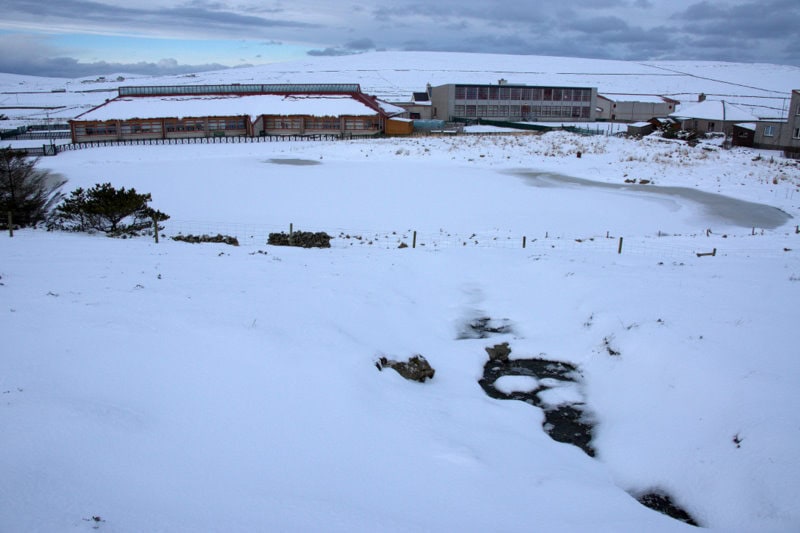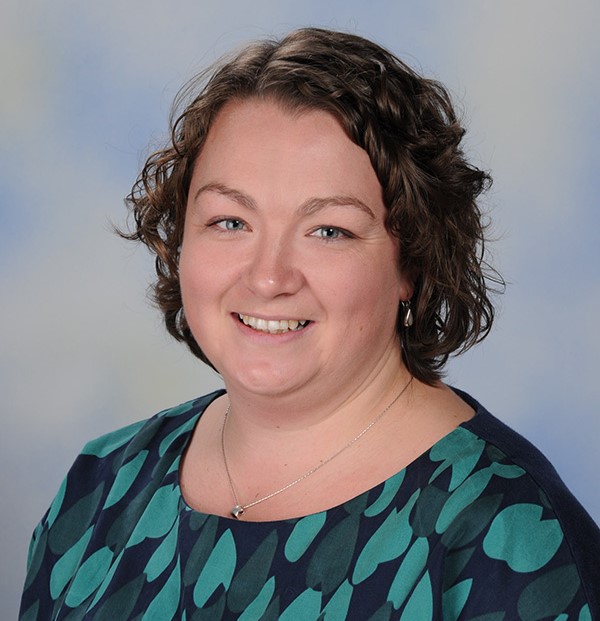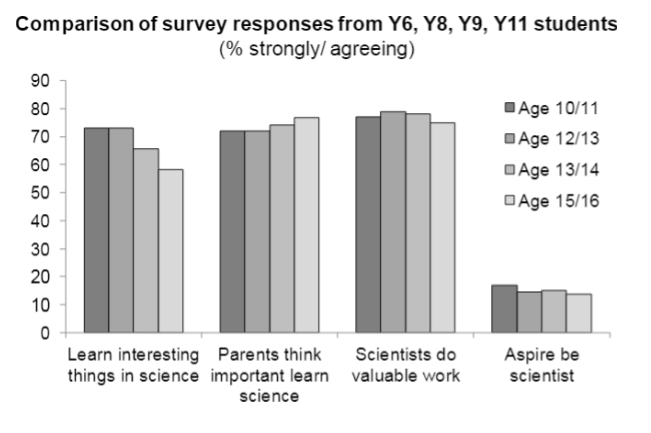I’m a Scientist – Live! at The Festival of Tomorrow
The Festival of Tomorrow is the place for science, workshops, and demonstrations in Swindon. This year 47,000 visitors interacted with it. At the Festival Finale, on Saturday 22nd February, we ran I’m a Scientist – Live! with support from STFC. Continue reading

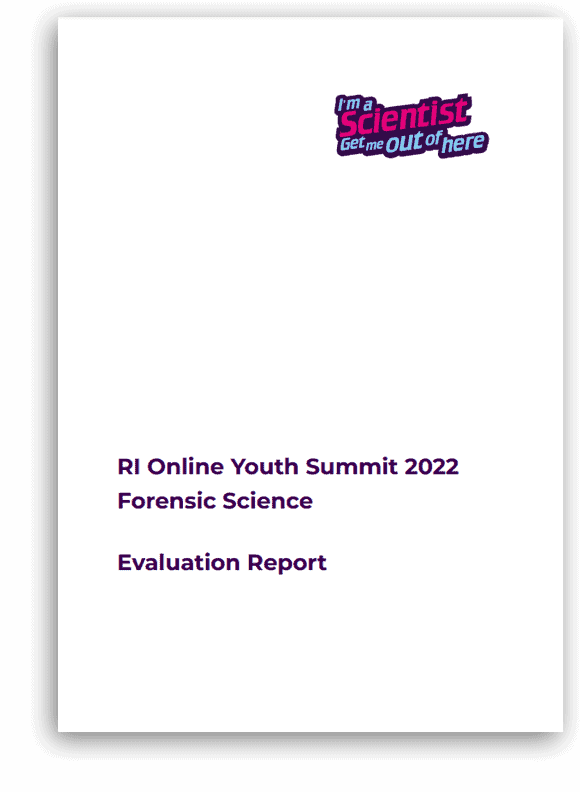 Since 2020 the RI have commissioned an online youth summit on a subject related to the CHRISTMAS LECTURES.
Since 2020 the RI have commissioned an online youth summit on a subject related to the CHRISTMAS LECTURES. 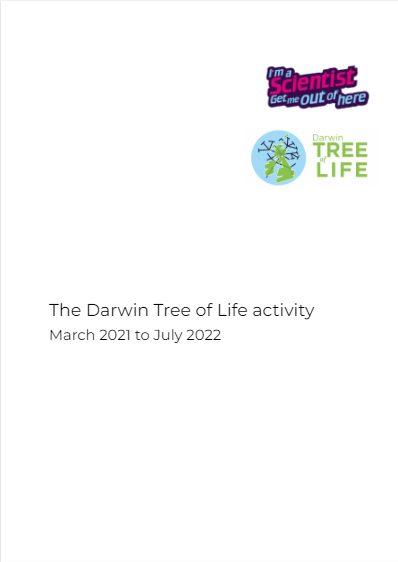
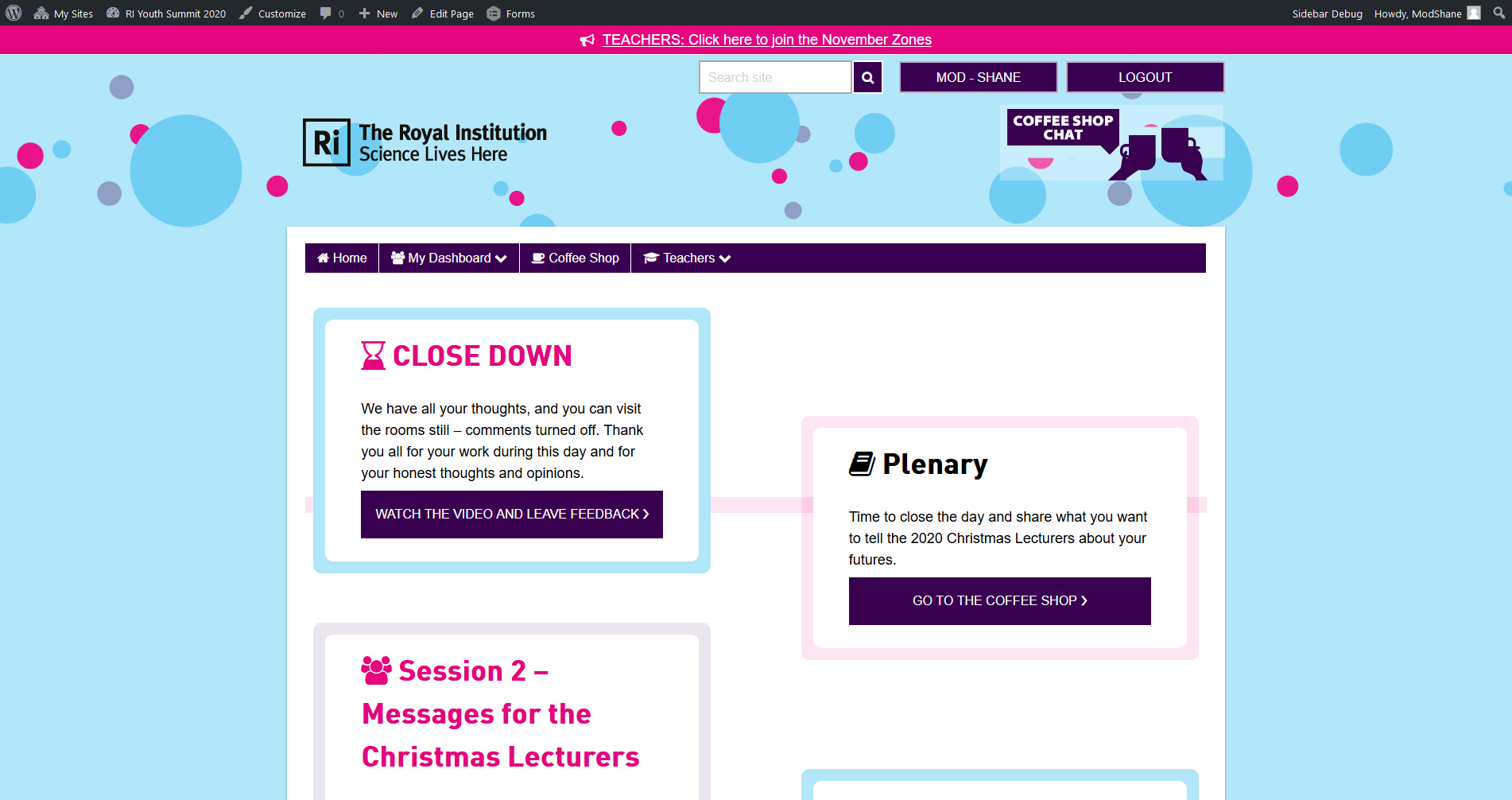 Each year the RI run a youth summit on a subject related to the CHRISTMAS LECTURES. In 2020 it was decided to run the Summit prior to the filming of the lectures so that the views of the delegates could be communicated to the lecturers. However the Covid-19 pandemic intervened and the RI building remained closed to the public.
Each year the RI run a youth summit on a subject related to the CHRISTMAS LECTURES. In 2020 it was decided to run the Summit prior to the filming of the lectures so that the views of the delegates could be communicated to the lecturers. However the Covid-19 pandemic intervened and the RI building remained closed to the public.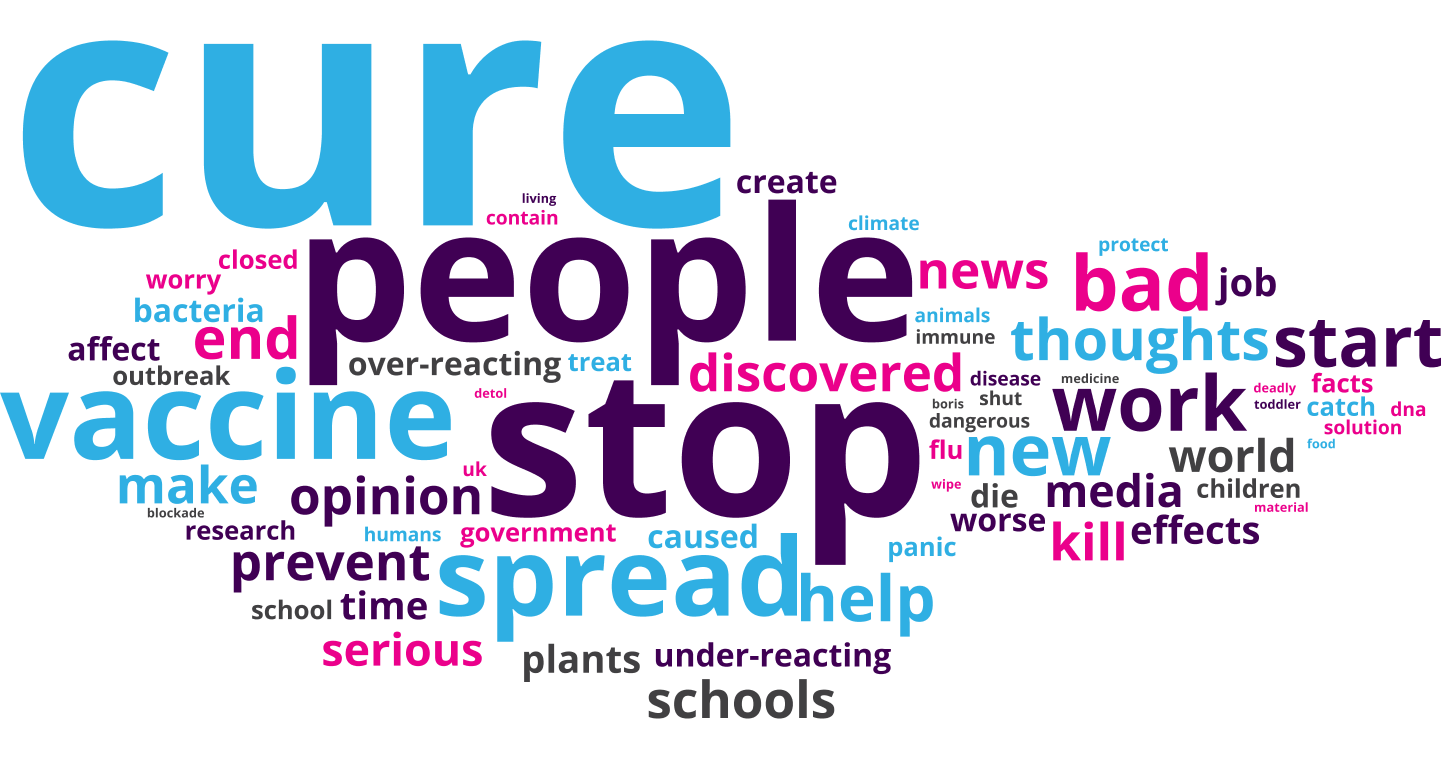 With schools across the UK due to close this week, the impact on the daily lives of students and young people of the COVID-19 outbreak is clear. We wanted to do a little analysis to look at what young people are concerned about, what are they asking?
With schools across the UK due to close this week, the impact on the daily lives of students and young people of the COVID-19 outbreak is clear. We wanted to do a little analysis to look at what young people are concerned about, what are they asking?

